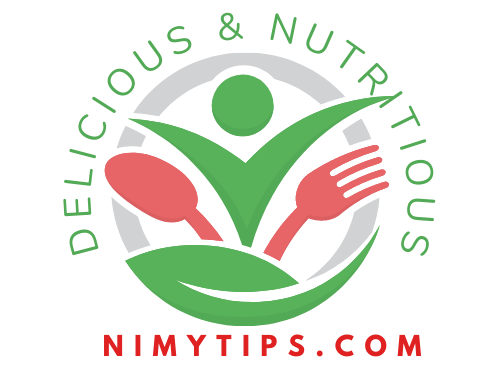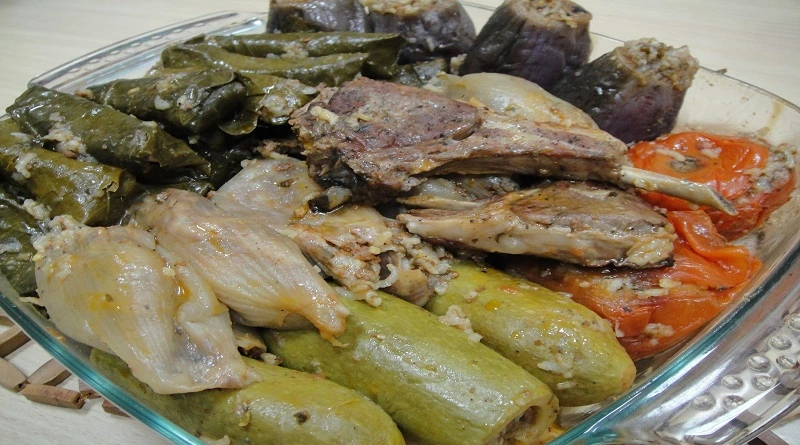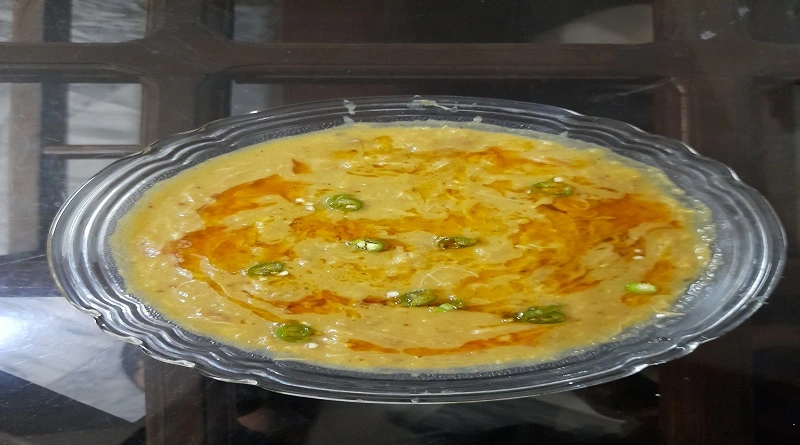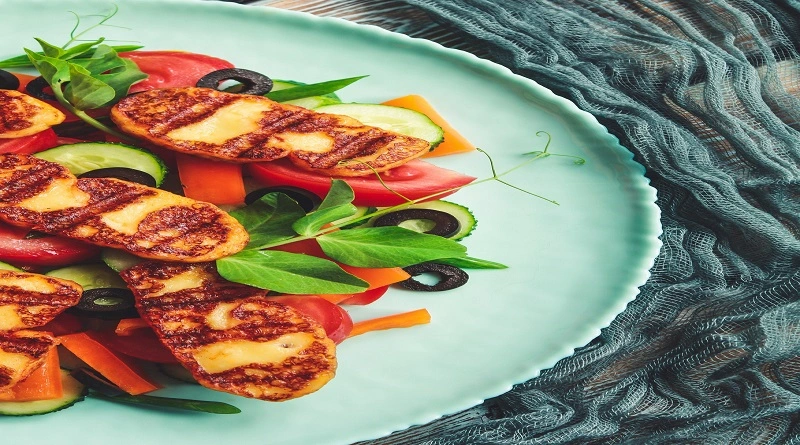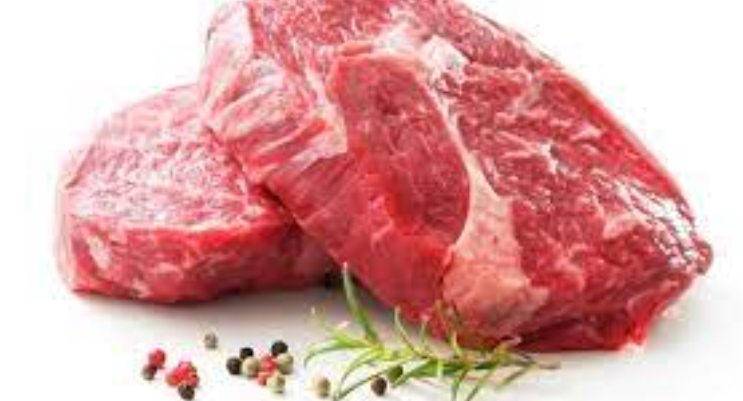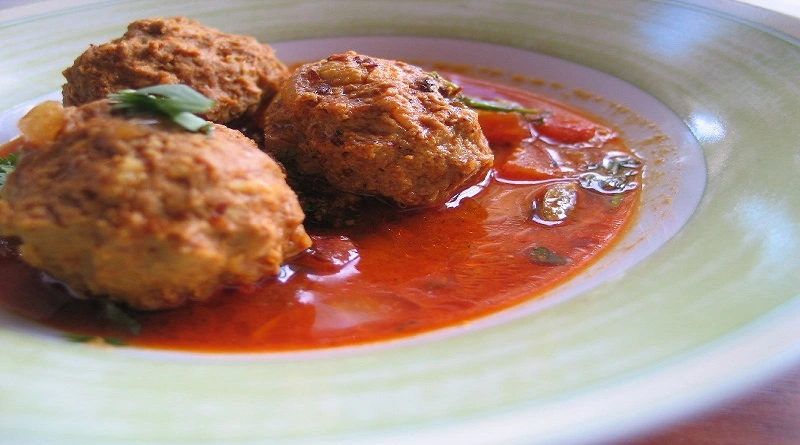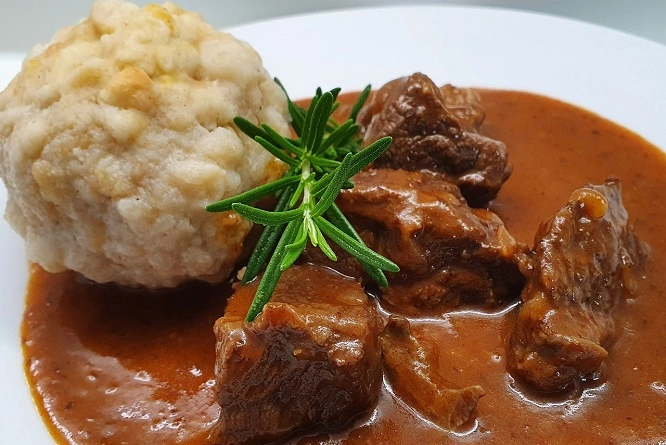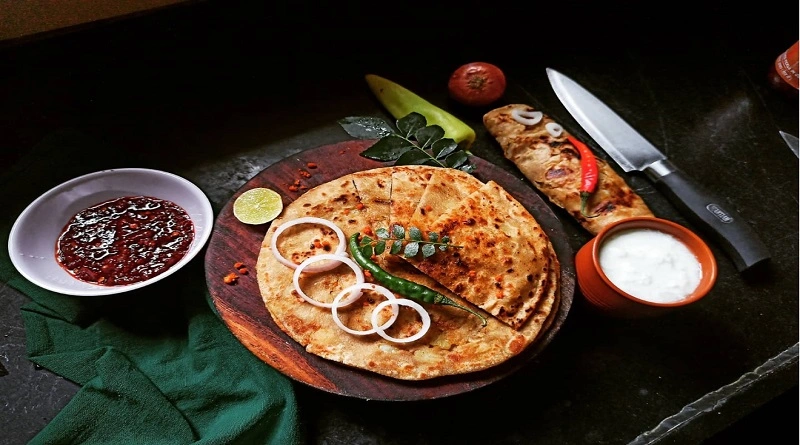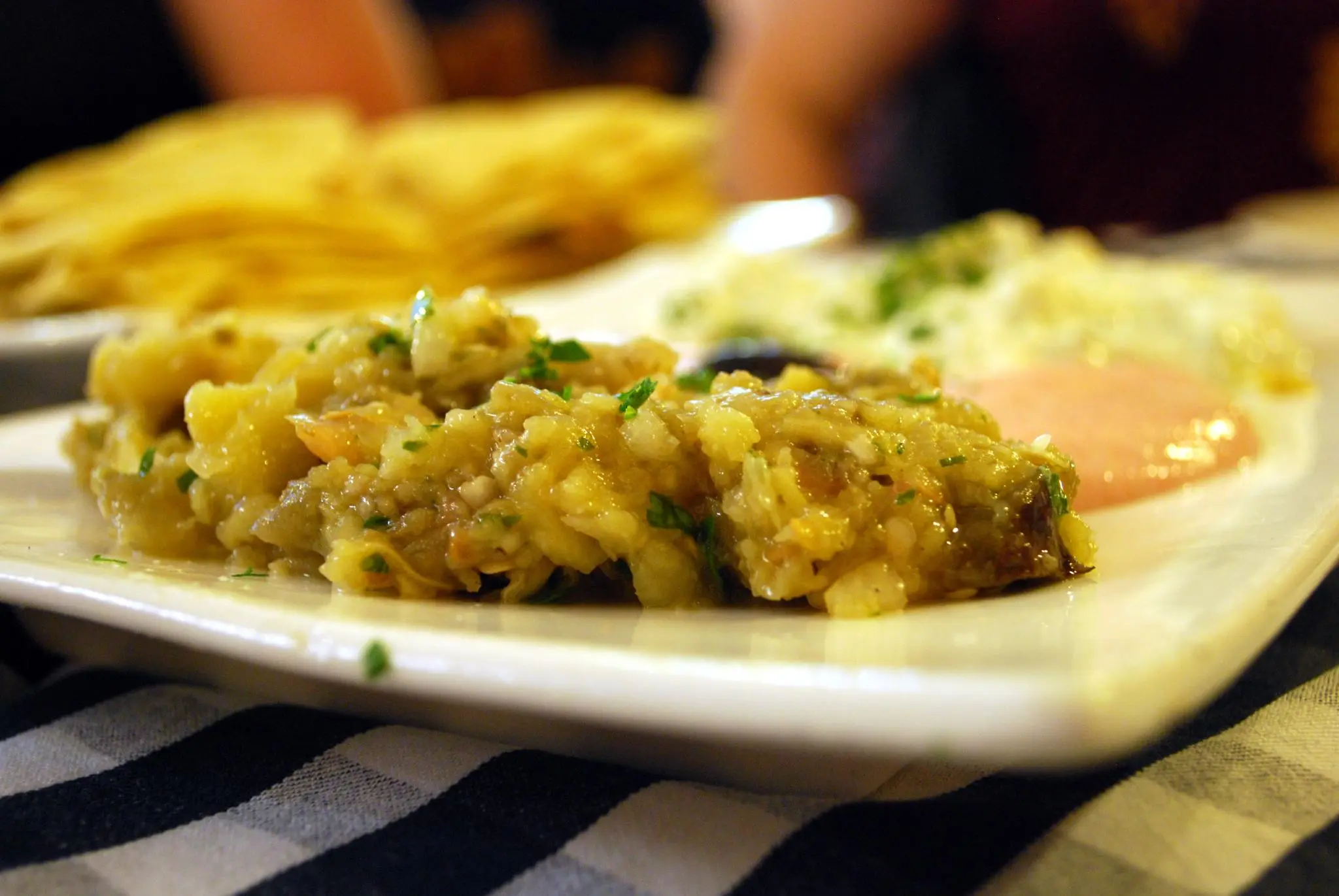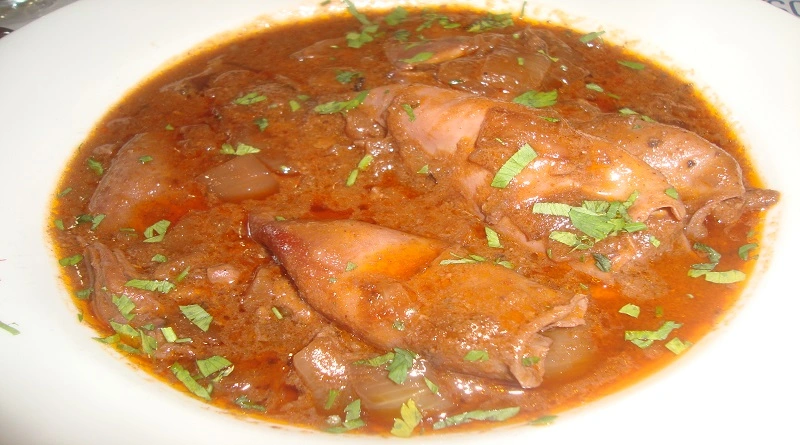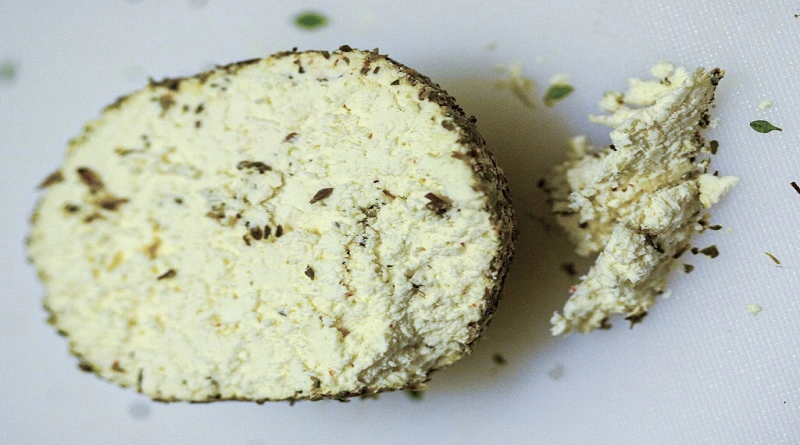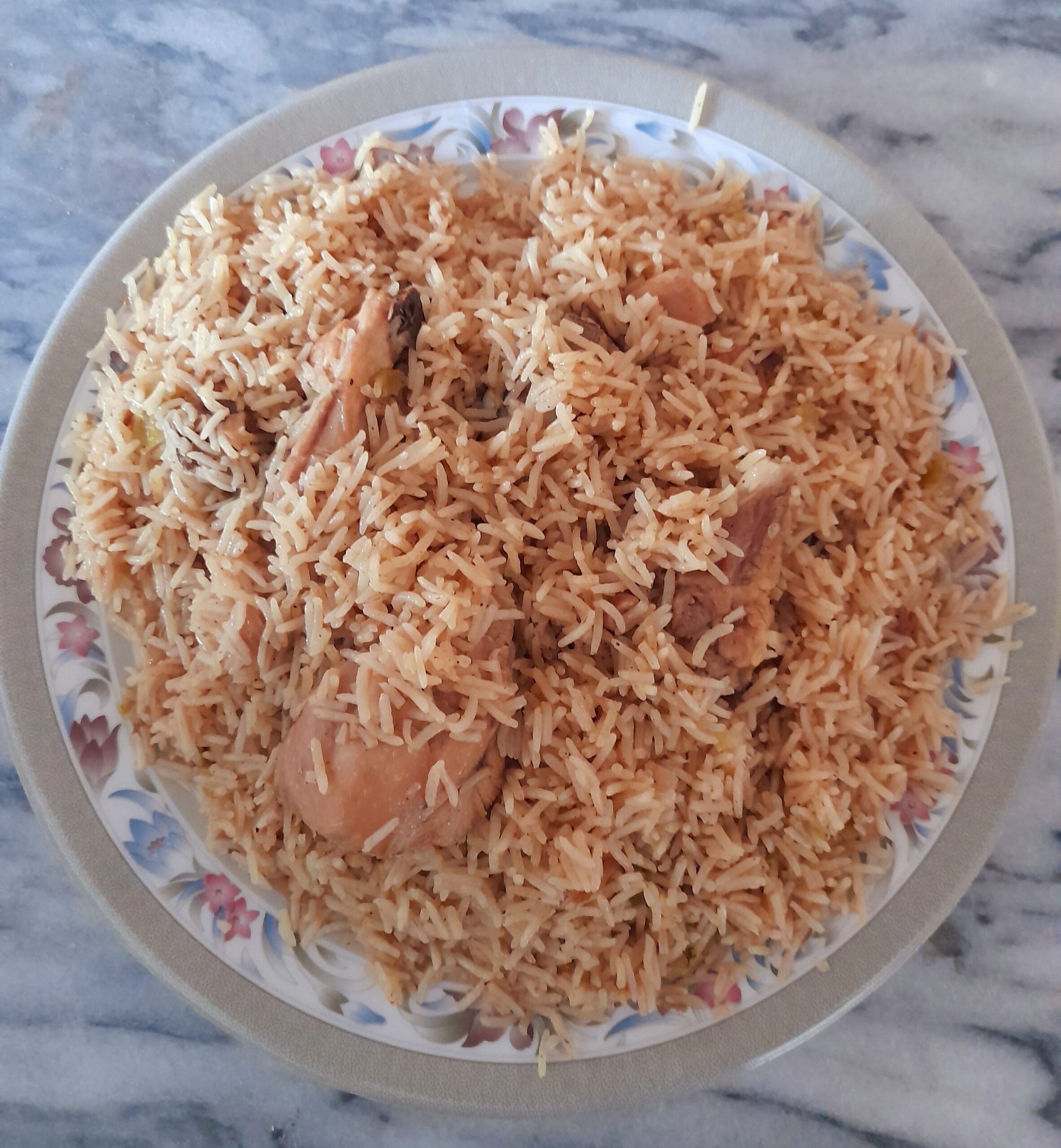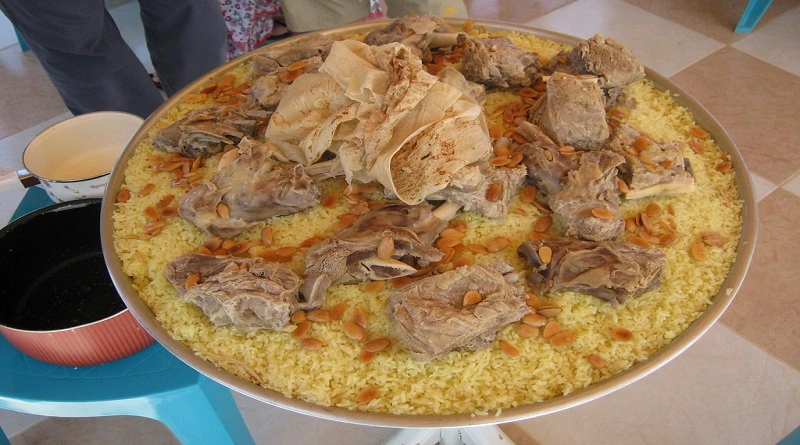Moutabal/Baba Ghanoush is a popular Levantine dish that is made from roasted eggplant mixed with tahini, garlic, lemon juice, and olive oil. It has a rich history and cultural significance in the Middle East, where it has been enjoyed for centuries.
The origins of Moutabal are somewhat unclear, but it is believed to have originated in the Levant region of the Middle East. It is a staple dish in Lebanese, Syrian, and Palestinian cuisine and is often served as an appetizer or side dish.
Moutabal has become a cultural figure in the Middle East, representing the rich history and traditions of the region. It is often served at weddings, festivals, and other special occasions and has become a symbol of Levantine cuisine.
The dish has also gained popularity in Western countries, where it is appreciated for its unique flavor and healthy ingredients. It is often served as a vegetarian or vegan option and has become a staple in many Mediterranean-style restaurants.
Moutabal/Baba Ghanoush is a delicious and nutritious dish that has a rich history and cultural significance in the Middle East. Its popularity has spread around the world, and it is now enjoyed by people of all backgrounds as a delicious and healthy appetizer or side dish.
Introduction
Moutabal or Baba Ghanoush is a delicious Middle Eastern dish made from grilled or roasted eggplants, blended with tahini, garlic, and lemon juice. This savory dip has been gaining popularity around the world for its unique taste and health benefits. This dish is all the time well-liked like Shanklish, Shawarma, etc
In this article, we’ll delve into the nutritional efficacy and health benefits of Moutabal, as well as provide an easy-to-follow recipe for you to try at home.
Nutritional Value of Moutabal
Moutabal is a nutrient-dense food that contains a variety of vitamins, minerals, and antioxidants. Here’s a breakdown of the nutritional value of one serving (100g) of Moutabal:
- Calories: 180
- Total Fat: 16g
- Saturated Fat: 2g
- Sodium: 200mg
- Carbohydrates: 8g
- Fiber: 4g
- Protein: 4g
Moutabal is also a good source of vitamins B6 and C, as well as minerals such as potassium, magnesium, and calcium. It is also rich in antioxidants, which help protect the body from damage caused by free radicals.
Health Benefits of Moutabal
Supports Digestive Health: The fiber content in Moutabal helps regulate digestion and prevent constipation. Additionally, the eggplant in Moutabal contains a compound called chlorogenic acid, which has been shown to reduce inflammation in the gut and promote healthy digestion.
Promotes Heart Health: The high potassium and low sodium content of Moutabal can help lower blood pressure and reduce the risk of heart disease. Additionally, the antioxidants in Moutabal help protect the heart from oxidative stress and inflammation.
May Prevent Cancer: The antioxidants in Moutabal have been shown to have anticancer properties, which can help prevent the growth and spread of cancer cells in the body.
Aids in Weight Loss: Moutabal is a low-calorie, high-fiber food that can help you feel full and satisfied. Additionally, the protein in Moutabal can help boost metabolism and promote fat loss.
Boosts Brain Function: The vitamins and minerals in Moutabal, such as magnesium and vitamin B6, play a vital role in brain function and can help improve memory and cognitive function.
Recipe for Moutabal/Baba Ghanoush
Here’s a simple recipe for Moutabal/Baba Ghanoush that you can make at home:
Ingredients:
- 2 large eggplants
- 1/2 cup tahini
- 3 garlic cloves, minced
- 1/4 cup lemon juice
- 1/4 teaspoon cumin
- Salt and pepper, to taste
- 2 tablespoons olive oil
- Little cardamom/parsley/mint to Garnish
Utensils required to cook Moutabal
To cook Moutabal or Baba Ghanoush, you will need several utensils. Here are some of the common utensils required for making Moutabal or Baba Ghanoush:
- Oven or grill: You will need an oven or grill to roast the eggplant.
- Baking sheet: You will need a baking sheet to place the eggplant on before roasting.
- Chef’s knife: You will need a sharp chef’s knife to slice the eggplant in half lengthwise.
- Cutting board: You will need a cutting board to slice the eggplant.
- Mixing bowl: You will need a mixing bowl to transfer the roasted eggplant flesh into for mixing.
- Fork: You will need a fork to mash the eggplant flesh.
- Measuring cups and spoons: You may need measuring cups and spoons to measure the ingredients accurately.
- Garlic press: You may need a garlic press to crush the garlic cloves.
- Lemon squeezer: You may need a lemon squeezer to extract the juice from the lemon.
- Serving dish: You will need a serving dish to transfer the Moutabal or Baba Ghanoush onto for serving
Instructions:
- Preheat your oven to 375°F (190°C).
- Slice the eggplants in half lengthwise and brush them with olive oil.
- Place the eggplants on a baking sheet and bake for 30-40 minutes, or until the flesh is soft and tender.
- Allow the eggplants to cool, then scoop out the flesh and transfer it to a food processor.
- Add the tahini, garlic, lemon juice, cumin, salt, and pepper to the food processor and blend until smooth.
- Transfer the mixture to a serving dish and drizzle with olive oil.
- Garnish with suitable cardamom/parsley and pomegranate
- Serve with pita bread or vegetables.
Precautions in cooking
When making Moutabal/Baba Ghanoush, there are a few precautions to keep in mind to ensure that it’s safe and healthy to consume. Here are some important tips to follow:
- Select fresh eggplants: Choose eggplants that are firm, shiny, and free of bruises or blemishes. Fresh eggplants will yield a better taste and texture in your Moutabal.
- Roast the eggplants thoroughly: Roasting the eggplants until they are completely charred on the outside will give your Moutabal a smoky flavor. It’s important to roast the eggplants thoroughly to ensure that they are cooked all the way through.
- Drain excess water: After roasting the eggplants, let them cool down and drain any excess water. Excess water can dilute the flavor of your Moutabal and make it too watery.
- Use high-quality tahini: Tahini is an important ingredient in Moutabal, so make sure to use high-quality tahini to get the best flavor. Look for tahini that is made from 100% sesame seeds with no additives.
- Add ingredients gradually: When blending the ingredients together, it’s best to add them gradually and blend in between to achieve the desired texture. This will also help you adjust the seasoning to your taste.
By following these precautions, you can ensure that your Moutabal/Baba Ghanoush is safe, healthy, and delicious.
Side effects of Moutabal/Baba Ghanoush
Moutabal/Baba Ghanoush is generally safe and healthy to consume in moderation, but there are a few potential side effects to keep in mind. Here are some of the possible side effects of consuming Moutabal/Baba Ghanoush:
- Digestive issues: Moutabal/Baba Ghanoush contains high amounts of fiber, which can cause digestive issues such as bloating, gas, and diarrhea if consumed in large amounts. To avoid these side effects, it’s important to consume Moutabal/Baba Ghanoush in moderation.
- Allergic reactions: Some people may be allergic to the ingredients used in Moutabal/Baba Ghanoush, such as eggplant or sesame seeds. If you have a known allergy to any of these ingredients, it’s best to avoid consuming Moutabal/Baba Ghanoush.
- High-calorie content: Moutabal/Baba Ghanoush can be high in calories and fat if consumed in large amounts, especially if paired with calorie-dense foods like bread or chips. It’s important to practice moderation and balance your intake of Moutabal/Baba Ghanoush with other healthy foods.
- High sodium content: Moutabal/Baba Ghanoush can also be high in sodium due to the addition of salt and other seasonings. Consuming too much sodium can increase your risk of high blood pressure and other health issues, so it’s important to monitor your intake.
By being aware of these potential side effects and consuming Moutabal/Baba Ghanoush in moderation, you can enjoy its delicious taste and nutritional benefits without any adverse effects on your health.
Conclusion
Moutabal/Baba Ghanoush is a delicious and nutritious dish that offers a range of nutritional benefits for the body. With its high fiber content, vitamins, minerals, and antioxidants, Moutabal is an excellent addition to a healthy diet. It’s easy to make at home and can be enjoyed as a snack, side dish, or even a light meal.
However, it’s important to note that Moutabal can be high in calories and fat if consumed in large amounts, especially if paired with calorie-dense foods like bread or chips. As with any food, moderation is key to reaping the benefits without overindulging.
In conclusion, Moutabal/Baba Ghanoush is a tasty and nutritious dish that is worth adding to your diet. Its nutritional efficacy and health benefits make it a great choice for those looking to improve their overall well-being. Give our recipe a try and enjoy the delicious taste of Moutabal while nourishing your body.
FAQs
Is Moutabal/Baba Ghanoush vegan-friendly?
Yes, Moutabal/Baba Ghanoush is vegan-friendly as it contains no animal products.
Can Moutabal/Baba Ghanoush be frozen?
You can freeze Moutabal/Baba Ghanoush for up to 3 months. Just make sure to store it in an airtight container and thaw it in the refrigerator before using it.
Can I use canned eggplants to make Moutabal/Baba Ghanoush?
It’s best to use fresh eggplants to make Moutabal/Baba Ghanoush for optimal taste and texture. You can use canned eggplants as a substitute if fresh eggplants are not available.
How long does Moutabal/Baba Ghanoush last in the refrigerator?
Moutabal/Baba Ghanoush can last in the refrigerator for up to 5 days if stored in an airtight container.
Can I use a blender instead of a food processor to make Moutabal/Baba Ghanoush?
A blender can be used as a substitute for a food processor, but the texture of the Moutabal/Baba Ghanoush may not be as smooth. It’s best to use a food processor if possible.
References
- “The Arabian Nights Cookbook: From Lamb Kebabs to Baba Ghanouj, Delicious Homestyle Arabian Cooking” by Habeeb Salloum.
- “Arabian Delights: Recipes & Princely Entertaining Ideas from the Arabian Peninsula” by Amy Riolo.
- “The Complete Middle Eastern Cookbook” by Tess Mallos.
- “Classic Lebanese Cuisine: 170 Fresh and Healthy Mediterranean Favorites” by Kamal Al-Faqih.
- “The Food of Oman: Recipes and Stories from the Gateway to Arabia” by Felicia Campbell.
- “The Lebanese Kitchen: Quick and Healthy Recipes” by Monique Bassila Zaarour.
- “Persiana: Recipes from the Middle East & Beyond” by Sabrina Ghayour.
- “The Jewelled Kitchen: A Stunning Collection of Lebanese, Moroccan and Persian Recipes” by Bethany Kehdy.
- “Saha: A Chef’s Journey Through Lebanon and Syria” by Greg Malouf.
- “The New Middle Eastern Vegetarian: Modern Recipes from Veggiestan” by Sally Butcher.
- https://en.wikipedia.org/wiki/Baba_ghanoush
